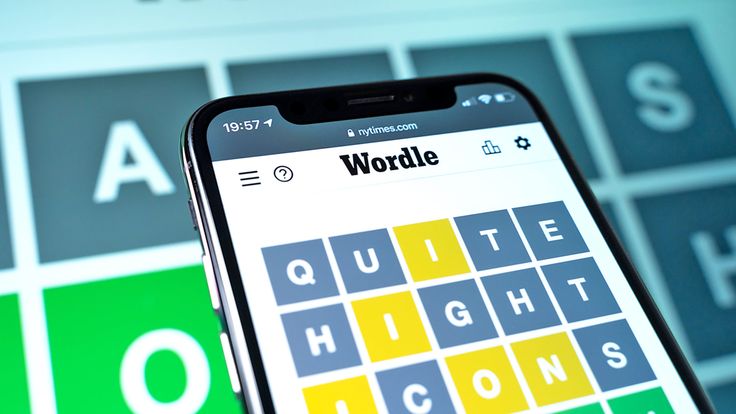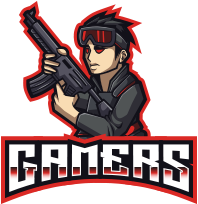Contents
- 1 Introduction
- 2 Understanding Wordle
- 3 Starting Strong: Initial Guess Strategies
- 4 Developing a Winning Strategy
- 5 Advanced Techniques
- 6 Common Pitfalls and How to Avoid Them
- 7 Using External Tools and Resources
- 8 Real-Life Applications of Wordle Strategies
- 9 Wordle Communities and Social Play
- 10 The Psychology of Wordle
- 11 Conclusion
Introduction
Wordle has taken the internet by storm, becoming a daily ritual for word game enthusiasts around the globe. The simple yet addictive game challenges players to guess a five-letter word in six tries or fewer. Each guess provides clues in the form of colored tiles: green for correct letters in the correct position, yellow for correct letters in the wrong position, and gray for incorrect letters. While the game’s mechanics are straightforward, mastering it requires a combination of strategy, vocabulary, and analytical thinking. In this comprehensive guide, we will delve into various Wordle hints, strategies, and tips to help you become a Wordle master.
Understanding Wordle
What is Wordle?
Wordle is an online word puzzle game created by Josh Wardle. Players have six attempts to guess a five-letter word. Each guess provides feedback in the form of colored tiles, which help players narrow down the possible letters and positions.
The Objective
The main objective of Wordle is to guess the correct five-letter word within six attempts. The challenge lies in interpreting the feedback from each guess and using it to inform subsequent guesses.
Game Mechanics
- Green Tile: The letter is correct and in the right position.
- Yellow Tile: The letter is correct but in the wrong position.
- Gray Tile: The letter is not in the word at all.

Starting Strong: Initial Guess Strategies
The Importance of a Good Start
The first guess in Wordle is crucial as it sets the stage for the rest of the game. A good initial guess can significantly narrow down the possible word choices.
Common Starting Words
- ADIEU: Includes several vowels, helping to determine the vowel placement early.
- CRANE: Contains common consonants and a vowel, providing a balanced approach.
- SLATE: A mix of common letters that can help identify key letters early.
Analyzing Feedback
After your first guess, carefully analyze the feedback. Green and yellow tiles provide critical information that will guide your next guess. Gray tiles help eliminate potential letters.
Developing a Winning Strategy
Using Common Letter Patterns
Understanding common letter patterns in English can be highly beneficial. For example, certain letters frequently appear together (e.g., TH, CH, SH).
Eliminating Unlikely Letters
Use the feedback to eliminate letters that are not in the word. This helps narrow down your choices and makes each subsequent guess more informed.
Balancing Vowels and Consonants
Ensure your guesses have a good mix of vowels and consonants. This balance helps in identifying the structure of the word more effectively.

Advanced Techniques
Positional Analysis
Focus on the positions of the letters. If you know certain letters are correct but misplaced (yellow tiles), try different positions in subsequent guesses.
Double Letters
Be mindful of the possibility of double letters. Words like “APPLE” or “SHEEP” can be tricky because they repeat letters.
Word Length Variations
While Wordle typically focuses on five-letter words, practicing with words of varying lengths can enhance your overall word game skills.
Common Pitfalls and How to Avoid Them
Guessing Without Analysis
Avoid making random guesses. Each guess should be informed by the feedback you’ve received so far.
Overlooking Common Words
Don’t overlook simple, common words. Sometimes the answer is a basic word that might not come to mind immediately.
Ignoring Patterns
Pay attention to patterns in the feedback. Consistently ignoring patterns can lead to wasted guesses and missed opportunities.
Using External Tools and Resources
Word Lists and Dictionaries
Utilize word lists and dictionaries to expand your vocabulary. The more words you know, the better your chances of guessing correctly.
Online Wordle Solvers
There are online tools and solvers that can help you practice and refine your strategy. Use these tools to simulate games and improve your skills.
Puzzle Books and Games
Engage in other word puzzles and games to enhance your overall word game abilities. Games like Scrabble and Boggle can be particularly helpful.

Real-Life Applications of Wordle Strategies
Improving Vocabulary
Playing Wordle regularly can significantly improve your vocabulary. You’ll learn new words and reinforce your understanding of word structures.
Enhancing Problem-Solving Skills
Wordle requires analytical thinking and problem-solving. These skills are transferable to many real-life situations and can improve cognitive function.
Promoting Mindfulness
Engaging in Wordle can be a relaxing and mindful activity. It requires focus and attention, which can be beneficial for mental health.
Wordle Communities and Social Play
Joining Online Communities
There are numerous online communities dedicated to Wordle. Joining these communities can provide valuable tips, strategies, and a sense of camaraderie.
Sharing Strategies
Discussing strategies with other players can lead to new insights and improved techniques. Sharing your own strategies can also help others.
Competing with Friends
Wordle can be a fun and competitive activity to share with friends. Compete to see who can solve the puzzle in the fewest attempts.
The Psychology of Wordle
Cognitive Benefits
Wordle challenges the brain and enhances cognitive functions such as memory, attention, and problem-solving.
The Satisfaction of Success
Solving a Wordle puzzle provides a sense of accomplishment and satisfaction. This positive reinforcement can be motivating.
Managing Frustration
It’s important to manage frustration when you’re stuck on a difficult puzzle. Take breaks if needed and approach the puzzle with a fresh perspective.
Conclusion
Recap of Key Points
Mastering Wordle involves a combination of strategy, vocabulary, and analytical thinking. Starting with a strong initial guess, developing a winning strategy, and avoiding common pitfalls are crucial steps.
Final Thoughts
Wordle is more than just a game; it’s a tool for cognitive development and a source of daily entertainment. By following the strategies and tips outlined in this guide, you can enhance your Wordle skills and enjoy the game even more.
Encouragement for Players
Remember, the key to mastering Wordle is practice and patience. Every game you play improves your skills and brings you closer to becoming a Wordle master. Keep playing, keep learning, and most importantly, have fun!

